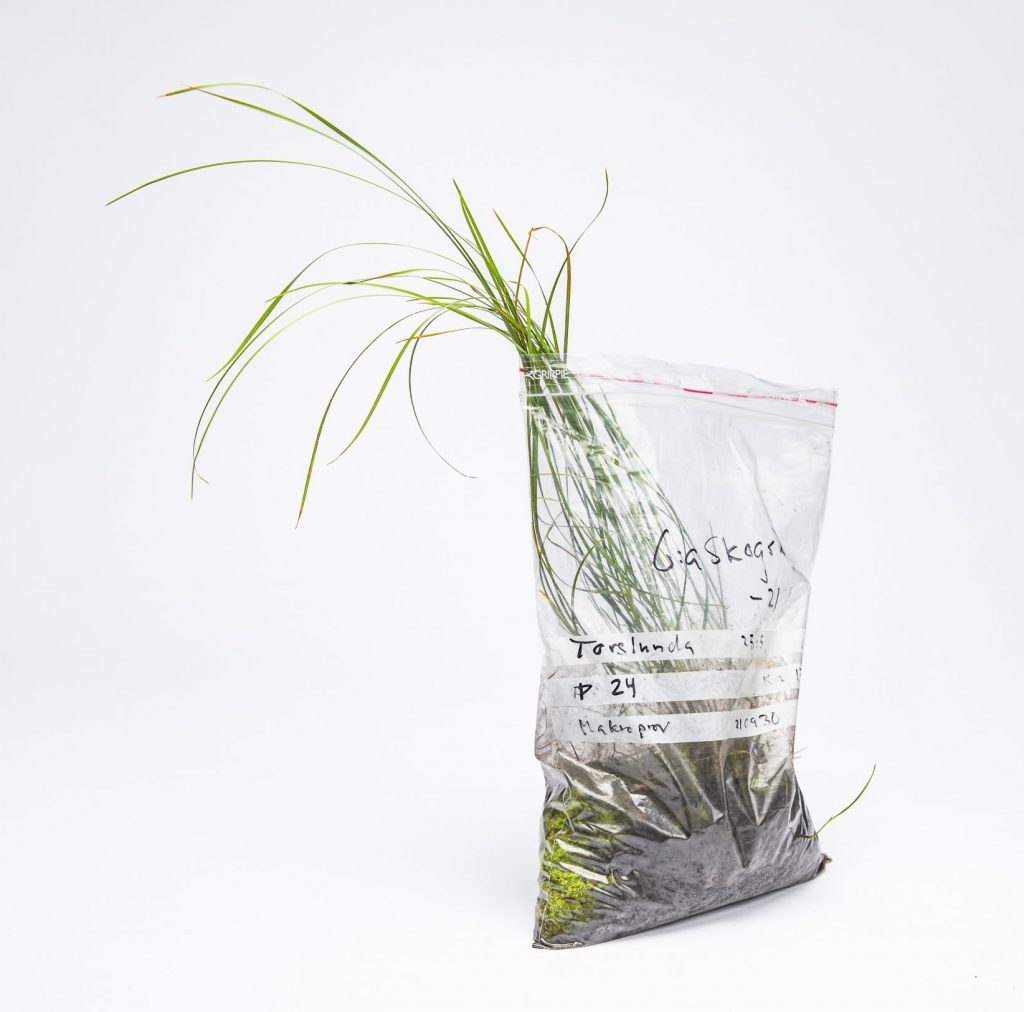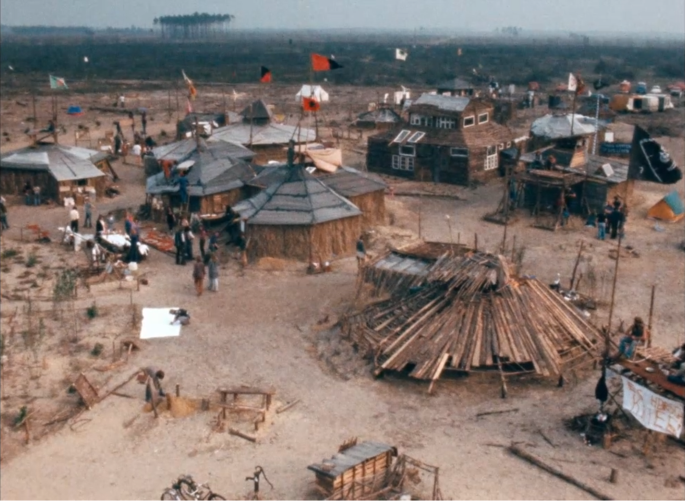Cornelius Holtorf gave an invited keynote lecture entitled “The Future Through World Heritage” and ran a futures workshop, assisted by Professor Peter Stone, UNESCO Chair on Cultural Property Protection and Peace, Newcastle University, UK, for an audience of ca 80 managers and other officials (incl 15 online) of the 33 World Heritage properties in the UK, for the 2022 Annual Conference of World Heritage UK at Jodrell Bank World Heritage Site, UK (4 October 2022).
Cornelius Holtorf gave an invited keynote lecture at KULTURKRAFT 2022, a major cultural conference in Scandinavia, held in Copenhagen, Denmark. He talked to an audience of almost 200 professionals on “Culture as transformation – how culture and heritage can address the future” (7 October 2022).
Cornelius Holtorf took part in a meeting with representatives of the Office of the Swedish National Commission for UNESCO to discuss mutual collaboration in the future (10 October 2022).
Cornelius Holtorf attended a webinar “Time Travels to the Future” organised by the Bridging Ages network for applied heritage and timetravels, with 15 participants from Germany, South Africa, Sweden, Tanzania, and Turkey (10 October 2022).
Cornelius Holtorf discussed collaboration regarding heritage futures and indicators for culture with Dr Jyoti Hosagrahar, Deputy Director, World Heritage Center, UNESCO (17 October 2022).
Cornelius Holtorf presented on his work priorities and current developments in ‘heritage futures’ and ‘future archaeology’ for the ca 10 members of the Committee on Sustainability and Strategy at Kalmar Municipality (17 October 2022).
Cornelius Holtorf introduced the Knowledge Cube on Campus Kalmar, Linnaeus University, about the work of the UNESCO Chair on Heritage Futures, for ca 25 participants of a meeting of the Network for Sustainability and Environmental Guidance at Swedish universities (20 October 2022).
Cornelius Holtorf presented a talk entitled “Does humanity need culture and heritage for addressing the climate crisis? (Update on a global movement)” for 20+ participants at the first Climate Crisis Dialogue held at Linnaeus University, Campus Kalmar, Sweden (25 October 2022).
Cornelius Holtorf was interviewed by Kate Golembiewski for an article entitled “Can Glowing ‘Ray Cats’ Save Humanity?” published in Atlas Obscura https://www.atlasobscura.com/articles/nuclear-waste-ray-cat-solution (25 October 2022).
Cornelius Holtorf presented a lecture on “Cultural Heritage, Wellbeing, and the Future” for 20+ students attending the course “Heritage-Based Post-War Urban Reconstruction in Ukraine” organised by the Invisible University for Ukraine at Central European University (26 October 2022)
Cornelius Holtorf was interviewed for a new exhibition at Steinzeitdorf Dithmarschen in Albersdorf, Germany (27 October 2022).
Cornelius Holtorf participated in a regular World Heritage Council meeting for the World Heritage property Agricultural Landscape of Southern Öland representing Linnaeus University, held in Mörbylånga, Sweden (28 October 2022).
Cornelius Holtorf offered feeback to a project initiative by Climate Students LNU entitled “Sustainable weelbeing through reduction of carbon footprint at higher education institutions” (29 October 2022).
Cornelius Holtorf provided written feedback to a draft of the document “Wayfinder Heritage: Applying Resilience Thinking to Long-Term Planning of World Heritage Properties”, resulting from the ICOMOS-IUCN Connecting Practice Project (29 October 2022).
Cornelius Holtorf contributed to a UNESCO survey on “Safeguarding intangible cultural heritage and climate change” (2 November 2022)
Cornelius Holtorf presented about a field archaeology of the future for ca 20 participants in the post-excavation seminar of the Gamla Skogsby training dig at Linnaeus University, Sweden (3 November 2022).
Cornelius Holtorf attended virtually a plenary panel on “Reimagining our Futures Together: Insights from Futures Literacy”, chaired by Gabriela Ramos, Assistant Director-General for Social and Human Sciences at UNESCO, bringing together, among others, three UNESCO Chairs of the UNESCO Futures Literacy Network, and held as part of the UNESCO conference to mark the 30th anniversary of the UNITWIN/UNESCO Chairs Programme (4 November 2022).
Cornelius Holtorf attended virtually some of the conference “50 Years World Heritage Convention: Times of Peace, Conflict and War” discussing the future of the World Heritage Convention held at the German Federal Foreign Office in Berlin, Germany (4 November 2022).
Cornelius Holtorf gave a presentation entitled “Why sustainably managing the past requires anticipating the future” at the Department of Sociology and Social Research, University of Trento, Italy (7 November 2022).
Ulrika Söderström presented a lunch lecture on “En gestaltad livsmiljö: Kulturarv som resurs för en socialt hållbar stadsutveckling för framtiden”, Faculty of Arts and Humanities, Linnaeus University, Sweden (14 November 2022).
Cornelius Holtorf presented a lecture entitled “The Future Through UNESCO World Heritage” for almost 20 researchers participating in the University of Portsmouth Research Futures Webinar Series (16 November 2022).
Cornelius Holtorf gave a lecture entitled “Nuclear waste and other cultural heritage of the future” for 60+ students and researchers arranged by the Flagship Initiative Transforming Cultural Heritage and the Heidelberg Centre Culture Heritage, University of Heidelberg, Germany (24 November 2022).
Cornelius Holtorf held a seminar on “Heritage Futures” for students at various levels at the Heidelberg Centre for Cultural Heritage, University of Heidelberg, Germany (25 November 2022).
Cornelius Holtorf made suggestions for bits of text to be added to the Periodic Report (Third Cycle) of the World Heritage Property “Agricultural Landscape of Southern Öland”, Sweden (27 December 2022).





[…] The new funding for this and a number of additional smaller projects, means that the Climate Heritage Network is…
[…] Chair on Heritage Futures « Culture, cultural heritage and COP26 […]
[…] mer på Unescoprofessurens blogg http://blogg.lnu.se/unesco/?p=1061 Besök Öland 2050! […]